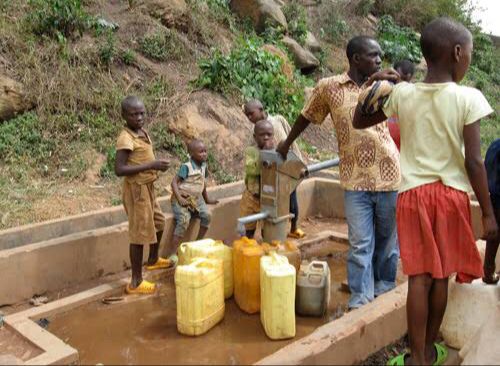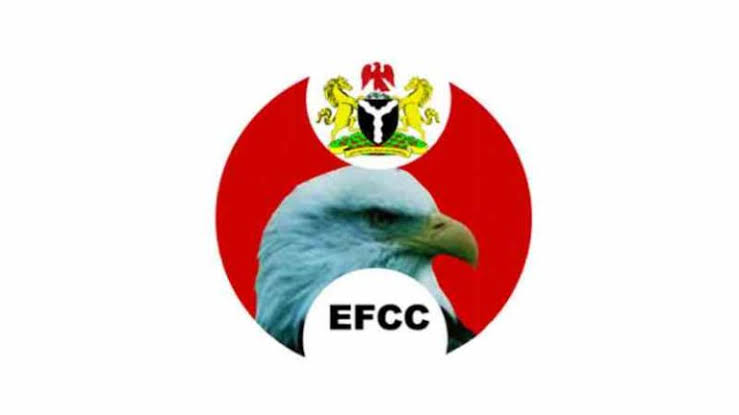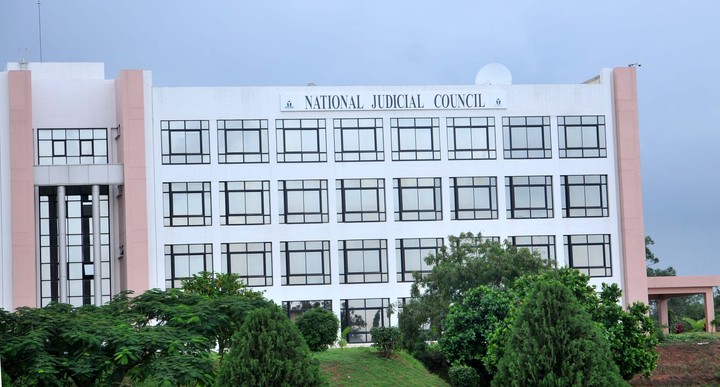Two million people reconnected to clean water in Borno: Official

No fewer than two million people in areas affected by the insurgency in Borno have been reconnected to clean and safe drinking water.
The general manager of the Borno Rural Water Supply and Sanitation Agency, Mohammed Aliyu, disclosed this on Tuesday in Maiduguri at an event focused on clean water supply.
Mr Aliyu said that with the improvement in peace in the state, where insurgency led to the destruction of water facilities worth billions of naira, the state government had made remarkable strides in rural water supply.
He said, “Over 218 hybrid boreholes have been constructed across the state alongside numerous free-flow boreholes. The state government constructed 462 hand pumps and rehabilitated 316 solar-powered boreholes and 464 hand pumps, reconnecting over two million people to clean and safe drinking water.
“The government has also approved and commenced the construction of 10 standard earth dams across the state.’’
He explained that the interventions through RUWASSA complemented other initiatives by the state ministry of water and other partners like the World Bank and UNICEF in addressing water scarcity across the state.
“Recent interventions by ICRC, UNICEF, IOM and other partners have further expanded access to water in critical areas, liberating communities from water scarcity and empowering them to engage in sustainable livelihood activities such as dry-season farming.
“These efforts, coupled with ongoing projects and collaborations, underscore our collective commitment to ensuring water security and promoting peace,” Mr Aliyu said.
The Water, Sanitation and Hygiene (WASH) sector coordinator in the North-East, Francois Bellet, said about five million people needed WASH in Borno, Adamawa and Yobe.
Mr Bellet said the WASH sector, comprising 42 humanitarian organisations, had 2023 assisted 1.6 million people with safe drinking water in Borno.
According to him, safe drinking water remains key to addressing vulnerabilities, preventing diseases and ensuring women and girls do not go far before accessing clean water.
In her lecture on water, the chief of the UNICEF Borno field office, Phuong Nguyen, said clean water was a privilege and a right.
(NAN)
We have recently deactivated our website's comment provider in favour of other channels of distribution and commentary. We encourage you to join the conversation on our stories via our Facebook, Twitter and other social media pages.
More from Peoples Gazette

Politics
Katsina youths pledge to deliver over 2 million votes to Atiku
“Katsina State is Atiku’s political base because it is his second home.”

Heading 4
Agege LG gives traders, beggars, others five-day ultimatum to vacate railway tracks
“It has come to our notice that hoodlums are using the avenue to attack and rob passers-by of their personal belongings.’’

Anti-Corruption
EFCC resumes clampdown on unlicensed BDC operators as naira weakens against dollar
The EFCC said the suspects would soon be arraigned in court upon conclusion of investigations.

Abuja
Minister lauds World Bank’s $2 million fund to tackle environmental degradation in FCT
“The project is here to help communities to adapt to the shock that will come from climate change.’’

NationWide
Group hails EFCC, seeks judiciary support for agency in fight against graft
The cleric urged the President to support the anti-graft agency in its efforts to tackle corruption.

NationWide
Abass, Kukah urge Nigerians to collaborate for united nation
“Unity, purpose and national cohesion can help unlock Nigeria’s potential.’’

NationWide
Stakeholders seek review of NJC’s role in Supreme Court appointments
Participants noted the need to professionalise the administration of the courts.








